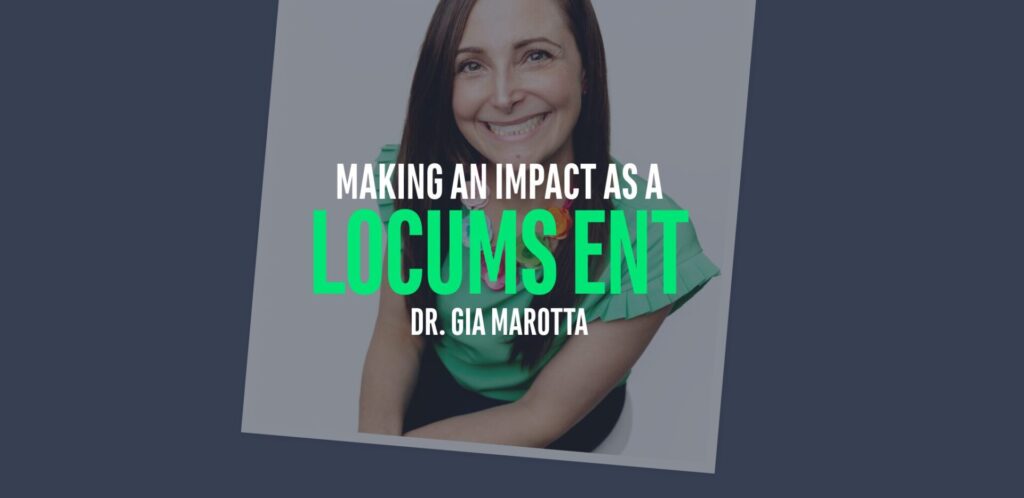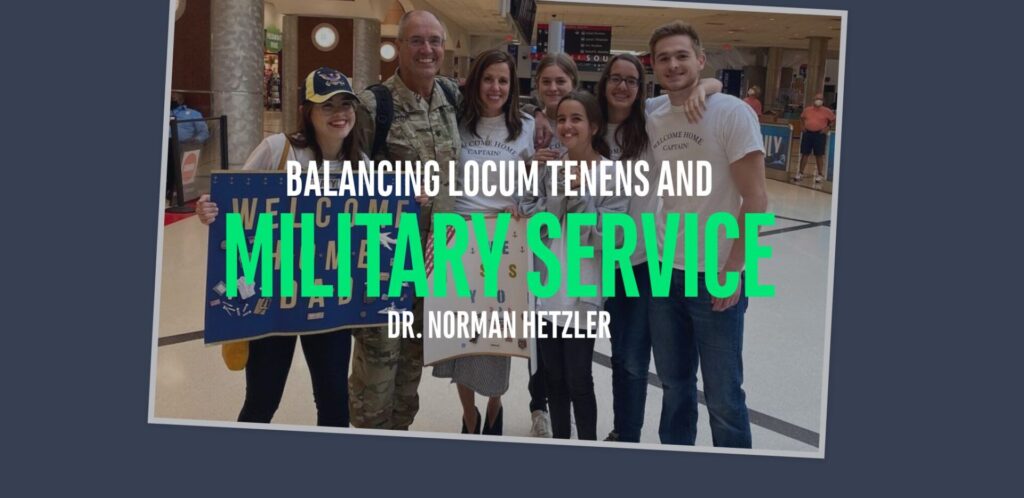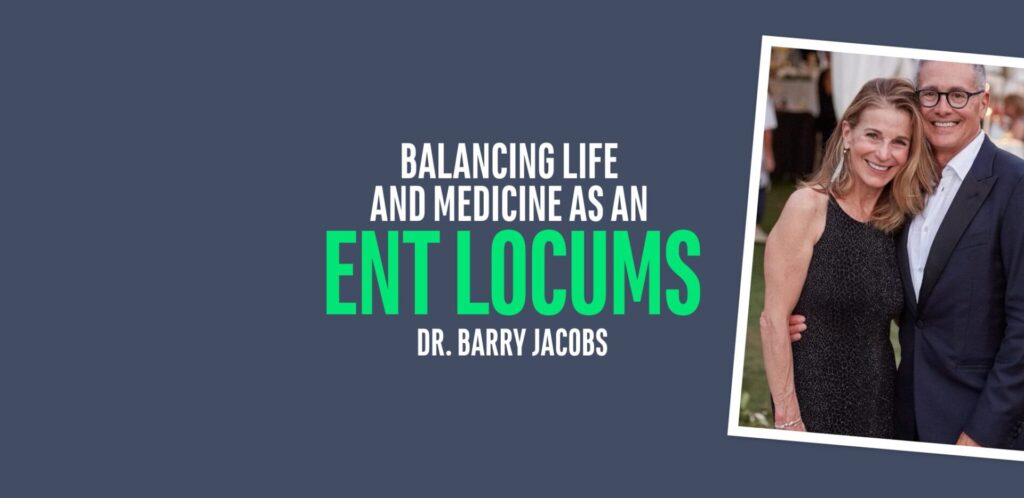Locum tenens gives physicians the freedom to focus more time on taking care of patients, and less on hospital politics.
Urology locums Dr. Courteney Beebe is a great example. After working for decades in positions that carried a heavy administrative burden, Dr. Beebe was ready for a change. Locum tenens gave him an avenue to focus on why he got into medicine in the first place: fixing problems, and helping patients.
We sat down with Dr. Beebe to talk about the benefits of locum tenens urology. Here’s what he had to say:
Tell us a little bit about what drew you to medicine, and to your specialty.
I’d always been interested in science, and curious about the way things work in the natural world. I was not gifted in math, and although I appreciate physics, those sorts of abstract sciences were not my cup of tea. I was always more of a doer than an abstract thinker. I like to fix things.
That led me in the direction of medicine. It seemed like an honorable profession and a good way to use my talents. I know this sounds corny, but I liked doing something that was useful and helped people. I liked making a tangible difference. Everybody says they got into medicine because they wanted to help people––but I really did.
When I got into medicine, it was before CAT scans, MRIs, and ultrasounds. In the surgical sciences, you were in the dark. Urology was different. We had powerful diagnostic tools for the day, so you knew what the problem was and how to fix it. Also, it’s the nature of urological problems that people know they have a problem, and for the most part, the urologist can fix the problem and the patient leaves happy and grateful. That was very satisfying to me.
I’m a simple guy. I like to fix stuff. I like to fix the problem, and then go on to the next problem, and fix that one. That’s what makes urology attractive to me.
What factors went into the decision to try locum tenens urology?
I was on the faculty at a university, and I loved that. It was a good place to practice. But I was working for the university, the school of medicine, and the healthcare system––so those are three institutions who all want a piece of you. It got to the point where I was spending ten hours a day in the hospital, and 2-3 hours at night in meetings. My wife was also having some health issues, and I just needed more flexibility.
Around that time, I got a call from Gerrick, [my Hayes Locums consultant]. I knew about Hayes Locums, and so I decided it was time to make a change. Once I made the decision, I didn’t look back.
What is it like practicing as a urology locums vs. as a hospital urologist?
The biggest difference is that there are no non-clinical responsibilities. All I do is general adult urology, which is what I like and am good at. There’s no politics, and the people I work with are glad to see me and very appreciative of the help.
For me, at my stage in the game, it’s been perfect. I’m the guy with the gray hair. I’ve seen and done everything. For some of the assignments, I can help direct these practices that I work with. And others I don’t, I just go to work. But either way, I’m not caught up in politics or committee structures. I just come to work, do my thing, and go home. For me, that’s great.
I think locums can also be great for a young person that’s not sure what they want––whether they want to work in an urban or rural practice, where they want to live––because it gives you an opportunity to look around.
What advice would you give to other physicians considering locums?
Be realistic. Remember if it was a perfect situation, they would not need a locums. A lot of the places that need locums aren’t necessarily the places everyone wants to live. There is precious little need for locums in highly desirable places like Charleston, South Carolina or Naples, Florida, but they are needed in Appalachia and the upper Midwest.
You have to be willing to be flexible. I was in the military, and one of the things that you learn in the military is to be flexible and do the best job you can with what you’ve got. That’s a good philosophy to bring to locums.
It’s also important to do your due diligence, and associate with an organization that is top-notch like Hayes Locums. There are some that aren’t, so look into it, talk to different agencies and get a feel for how their culture is. Investigate the hospital and who your colleagues might be, because you don’t want to associate yourself with people who will provide substandard ancillary care.
Gerrick and I have talked a lot––especially early in the process, we communicated a great deal––so he’s got my measure now, and he does a great job of providing assignments for me. He knows what I need, and what my proclivities are, and has done a great job finding assignments that match them.
Here’s an example of the kind of service that I’ve gotten from Hayes Locums and Gerrick: I was trying to get home from Duluth because my wife wasn’t feeling well, and the weather conditions deteriorated, and the flight from Duluth to Minneapolis was canceled. So I called Gerrick, and he said, just take an Uber. That blew me away. He solved that problem for me, and cost wasn’t an issue.
Gerrick manages to make problems go away and genuinely has my best interest in mind. His attitude has never been anything but how can we make this work for you?, and I appreciate that. It’s made me a loyal Hayes Locums provider.
*This interview has been edited for clarity and length.



